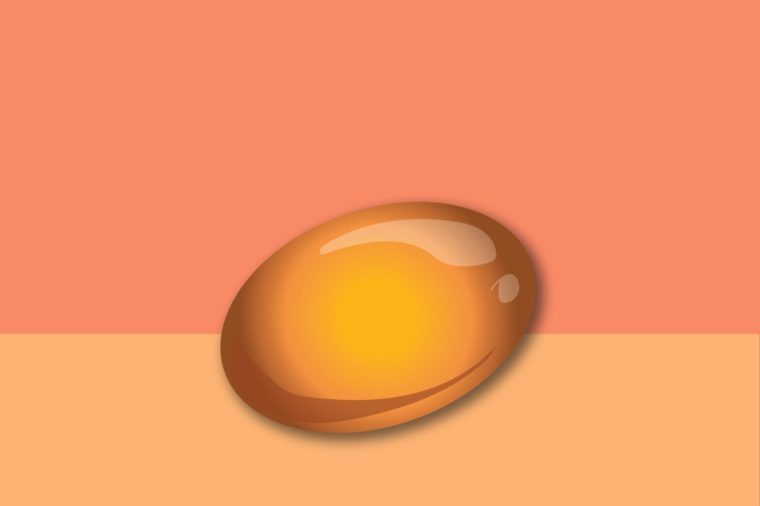
Omega-3 fatty acids
The omega-3 fatty acids in fish oil have shown promising brain-building effects. Some studies have suggested that older people who consume higher amounts of omega-3 fatty acids have better memory. The thing is, the benefits haven’t held up in large, controlled experiments, says Arjun Masurkar, MD, PhD, a neurologist at NYU Langone’s Center for Cognitive Neurology. For instance, an NIH-backed study of more than 3,500 older adults found that taking omega-3 fatty acids for five years had no effect on cognitive function. Still, there likely isn’t harm in trying. “Omega-3s may have other health benefits that might be indirectly related to the brain, like on the heart. The heart and brain are connected,” says Dr. Masurkar. No need to stop them if you and your doctor have already decided they might be beneficial, just don’t expect a memory miracle. And don’t forget that omega 3s are plentiful in whole foods like fish but also many plant-based sources like nuts, chia seeds and some beans.
Here’s the healthiest fish you can eat.
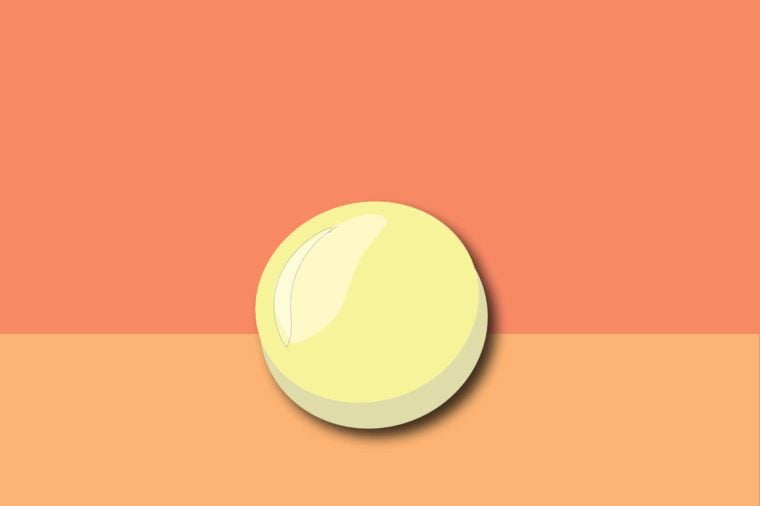
Vitamin B12
Vitamin B12 comes mostly from animal products, so vegetarians and vegans might be low, while other people—especially as they age—have trouble absorbing it. (Many omnivores are also low in B12.) Your brain requires B12 to function correctly, so a deficiency is one of the first things doctors look at for memory problems. If a blood test indicates you’re low, you’ll likely have a hard time getting your daily needs from food, so you’ll need to take either a B12 shot or at-home supplements to bring your levels back up. A normal level is between 200 and 900 picograms per millilitre, but “even if it’s 300, which is in the normal range, we recommend supplementation,” says neurologist Daniel Kaufer, MD, director of the University of North Carolina’s Memory Disorders program. “It’s not just about how much is enough, but having the optimal level as opposed to normal vs. abnormal.”
Find out 15 daily habits that can help boost your memory.
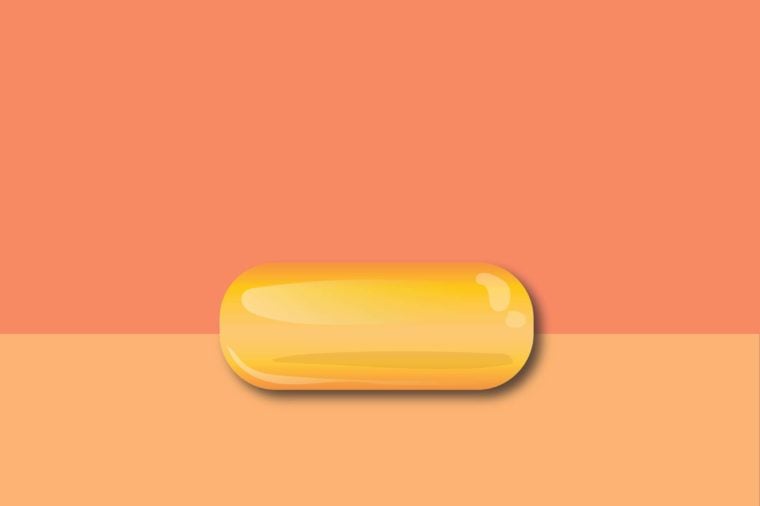
Vitamin E
Vitamin E is an antioxidant, protecting your body from free radicals; these are unstable atoms that can wreak havoc on the cells in your brain and other vital organs. “Pathologically low levels can cause problems,” says Dr. Masurkar. In theory, it seems like getting more of those antioxidants would protect your brain from the damage contributing to memory loss, but the evidence suggests otherwise. One three-year study linked vitamin E-rich diets to slower cognitive decline, but supplements don’t seem to have the same effect. A more recent study involving more than 6,300 women 65 and up found that taking a 600 IU vitamin E supplement for almost 10 years failed to protect cognitive function.
Find out which vitamins and supplements should always be taken with food.
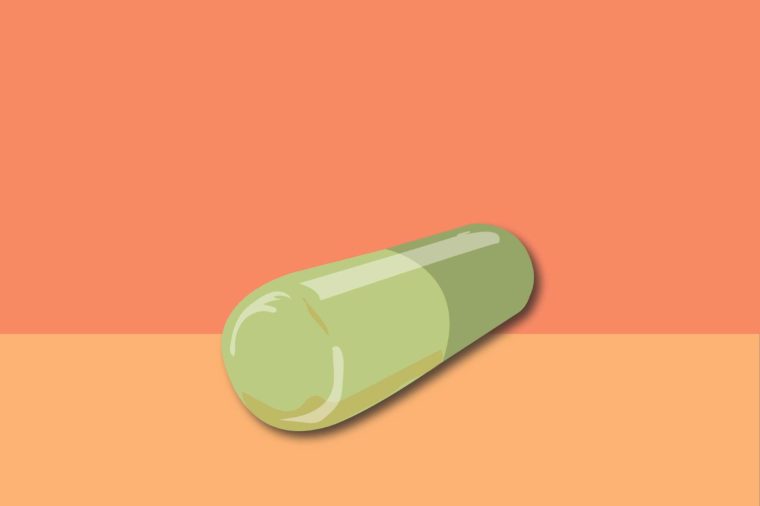
Gingko biloba
Initially, this herbal supplement showed promise that it might ward off dementia by improving blood flow to the brain, but the evidence didn’t hold up. The largest clinical trial for gingko biloba, an eight-year study tracking 3,069 elderly adults with no or mild cognitive impairment, failed to demonstrate that the supplement prevents or slows down memory loss. Other research indicates ginkgo may be beneficial for those who already have dementia. While supplementing your diet with vitamins you’d get naturally from food might not do any harm, herbal supplements pose extra risks. For instance, gingko biloba thins the blood and in rare cases could lead to a brain hemorrhage, especially if you’re on other blood-thinning medications like aspirin. “It’s not common, but it underscores the point that although it’s relatively benign, it’s not always benign,” says Dr. Kaufer.
Find out if your supplements are doing more harm than good.
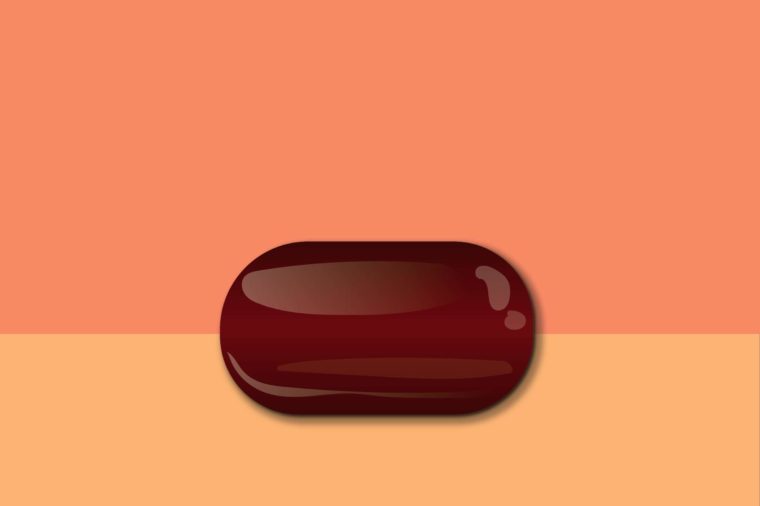
Ginseng
Asian (or Panax) ginseng is touted as a memory-protecting supplement on its own or paired with gingko biloba as Gincosan. Like the other herb, though, the scientific studies haven’t shown much promise; better studies are needed. Companies generally imply that because herbal remedies are “natural” they don’t have any risks, but that’s not the case. “Older patients tend to be more sensitive to medications and herbal supplements to begin with,” says Dr. Masurkar. “They’re usually on more medications, so they’re especially at risk of side effects and interactions issues.”
Here are 16 prescription drugs and supplements you should never mix.
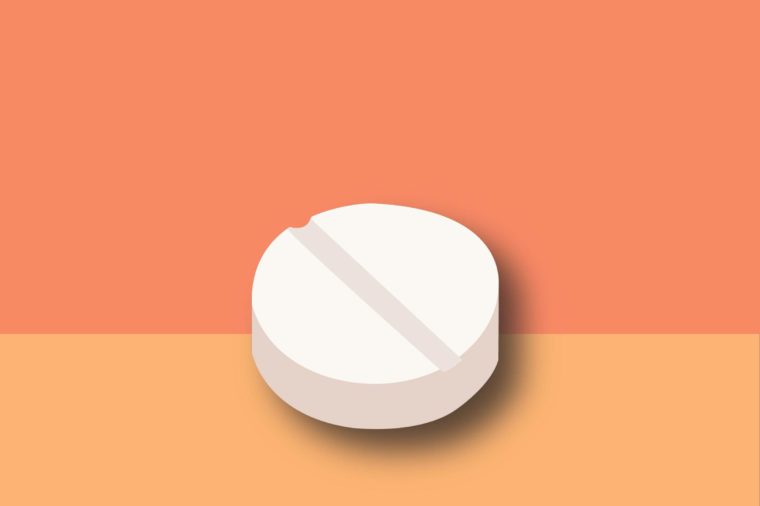
Huperzine A
Acetylcholine is a neurotransmitter your brain makes naturally to help learn and remember. Huperzine A, which comes from Chinese club moss, could boost acetylcholine by blocking an enzyme that would otherwise break it down, which is how other common Alzheimer’s medications work. Studies haven’t proven it to help yet, though. “Theoretically it could be true, but we’re not sure of the effects, and dosing of it is unclear,” says Dr. Masurkar. The supplement could mess with your digestive system and heart, so talk to your doctor before you take it.
Are you getting enough of these essential vitamins your body needs?
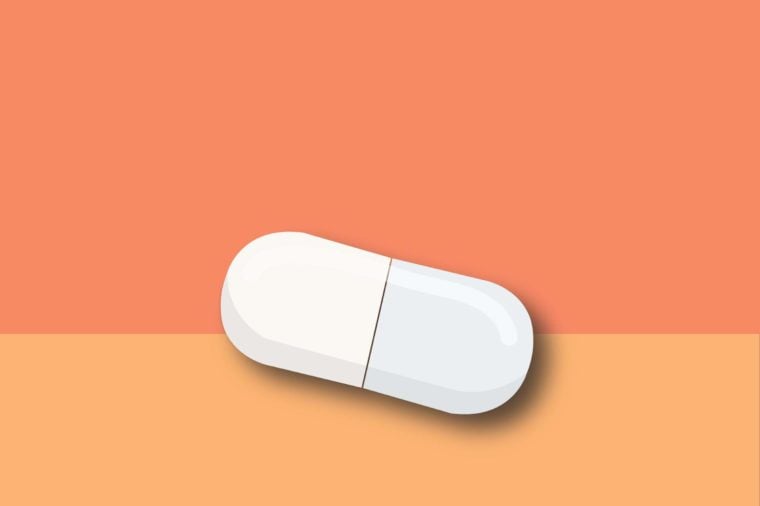
Acetyl-L-carnitine
Your body naturally produces acetyl-L-carnitine to help turn fat into energy, and early in vitro rat studies sparked hope that the compound could protect brain neurons against Alzheimer’s. Clinical trials haven’t shown the same positive results for memory, though, so Dr. Masurkar says it probably isn’t worth your money.
Discover 20 ways to boost your brain power.
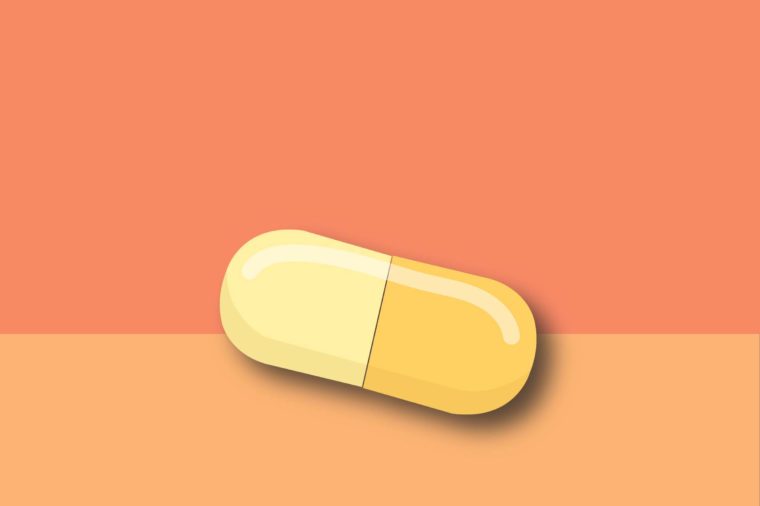
DHEA
The body produces the steroid dehydroepiandrosterone (DHEA) for a range of functions, including being converted into sex hormones such as estrogen and testosterone. DHEA levels go down with age, so there have been some theories that boosting it with supplements could fight the effects of aging, including memory loss. The supplement did show promise in vitro and in animals, but randomized clinical trials in healthy older adults or those with cognitive impairments haven’t shown consistent memory benefits.
These brain exercises will give your grey matter a workout.
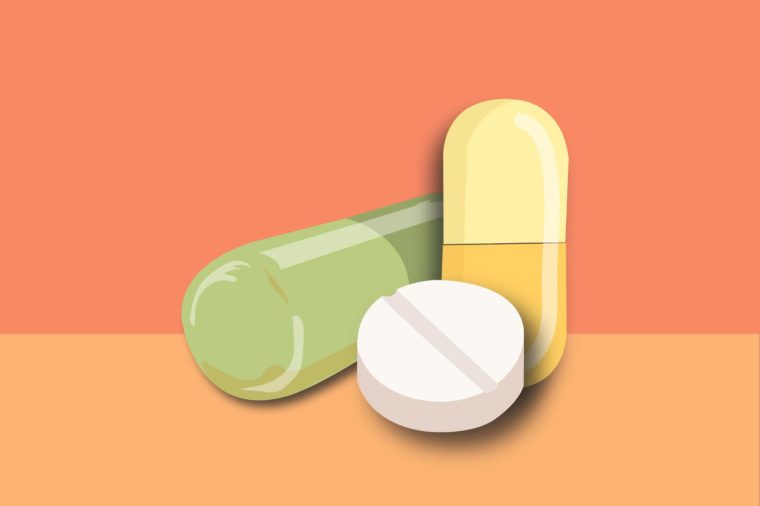
Bottom line?
Popping pills isn’t a surefire way to keep your mind sharp, but focusing on other healthy habits can prevent memory loss. Your best bet is to get the nutrients you need from food and not a bottle, recommend the experts at Harvard Medical School. Stick to a Mediterranean diet or another eating plan that emphasizes vegetables and healthy fats while cutting down sugar and salt. A variation is the MIND (Mediterranean-DASH Intervention for Neurodegenerative Delay) diet may specifically lower the risk of dementia. (Here’s an example of the MIND Diet meal plan.) Keeping both your body and mind active helps, too. “It doesn’t mean you have to do a particular kind of computer activity or crossword puzzles, but to engage your mind and learn new things,” says Dr. Masurkar. Adults with strong social networks also tend to have healthier brains, he says, so simply spending time with loved ones can be the best medicine.
Next, learn how to spot the early signs of dementia.